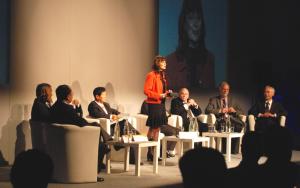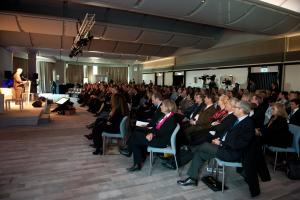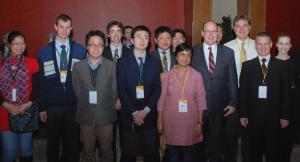First Monaco ITER International Fusion Energy Days introduce fusion to the global energy debate
India, as one of the world's largest emerging economies, has an equal interest in investing in the development of fusion technology, as explained by Anil Kakodkar, Member of the Indian Atomic Energy Commission: "In order to provide a a decent quality of life to everyone, one should plan for at least 5000 kWh per capita electricity. For India alone, to reach 5000 kWh per capita, we need to add a 40 percent additional electricity generation capacity. In view of the serious climate change threat that now seems to be real, the "business as usual" approach clearly will not do. We do not know how close we are to the tipping point. However we need to act now to secure survival of our future generations. Development of fusion energy is one such action that we need to pursue as a priority."
Edmund Synakowski, Director of Fusion Energy Sciences within the US Department of Energy said on behalf of the US Government that "fusion represents a transformational science that can be part of our long-term energy and climate solutions, and can be critical in enhancing political stability. This international meeting in Monaco is an indication of just the sort of engagement we need—fusion requires all of our talents, all of our resources, because the stakes are so high."




